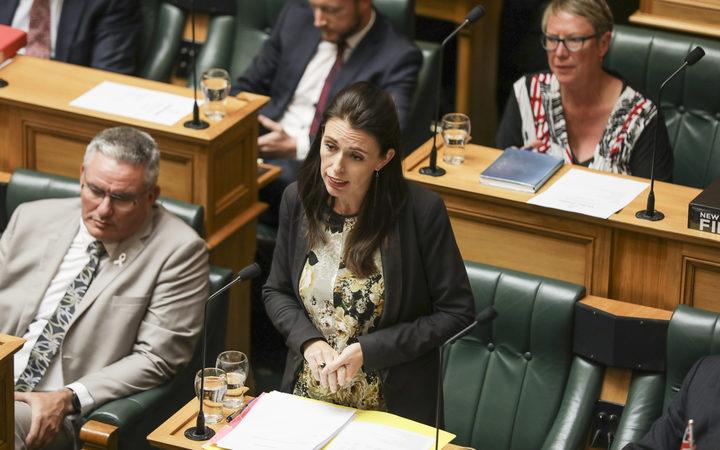Prime Minister Jacinda Ardern has committed the government and the public sector to going carbon-neutral by 2025, as she declared a climate emergency.
Climate Emergency Declaration in New Zealand Amidst 2025 Carbon Pledge
By Patryk Krych | The World Daily | DECEMBER 2nd 2020
The New Zealand government had announced a state of climate emergency on Wednesday, amidst promises that its public sector would aim to reach carbon neutrality by the year 2025. The declaration comes as a symbolic pledge, but critics say that it won’t be enough.
The country’s Prime Minister Jacinda Ardern referred to the 2025 carbon neutrality pledge as “one of the greatest challenges of our time.” The motion for the instillation of a state of climate emergency was put forward through a parliament motion, when its necessity was recognised by “the devastating impact that volatile and extreme weather will have on New Zealand and the wellbeing of New Zealanders, on our primary industries, water availability, and public health through flooding, sea level rise, and wildfire.”
New Zealand isn’t the first, as 32 other countries worldwide (including Japan, Canada, France and Britain) had also put a state of climate emergency into effect following the recognition of the devastating effects of climate change and the warnings put forth from scientists at the United Nations regarding the potentially devastating effects if net neutrality isn’t reached by the year 2050.
“This declaration is an acknowledgement of the next generation. An acknowledgement of the burden that they will carry if we do not get this right and do not take action now,” PM Ardern told parliamentary lawmakers. “It is up to us to make sure we demonstrate a plan for action, and a reason for hope.”
Of all the industrialised nations, New Zealand will have to contend with the fact that historically, it has one of the worst climate records. In 2019, New Zealand had introduced the Zero Carbon Act into motion, thus becoming one of the first countries to have put zero-emissions targets into law. However, it’s been noted by critics that many of the current short-term carbon neutrality policies that’d been set in motion aren’t anywhere near enough to reach complete neutrality by 2050.
Though the announcement was welcomed with wide arms by such environment groups as Greenpeace, but such groups also affirmed that New Zealand would have to match its words with its actions, considering both its history and its currently inept policies.






